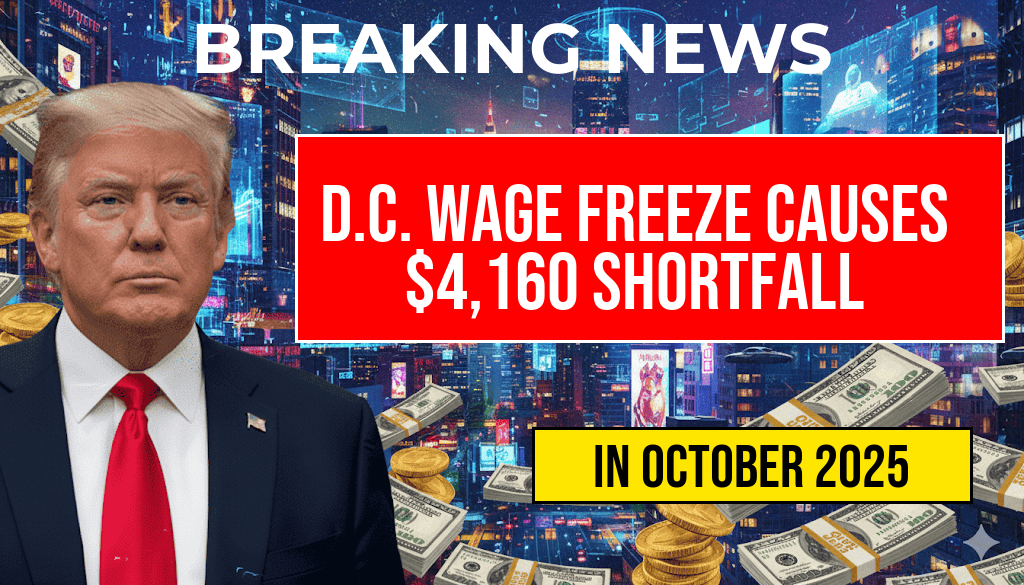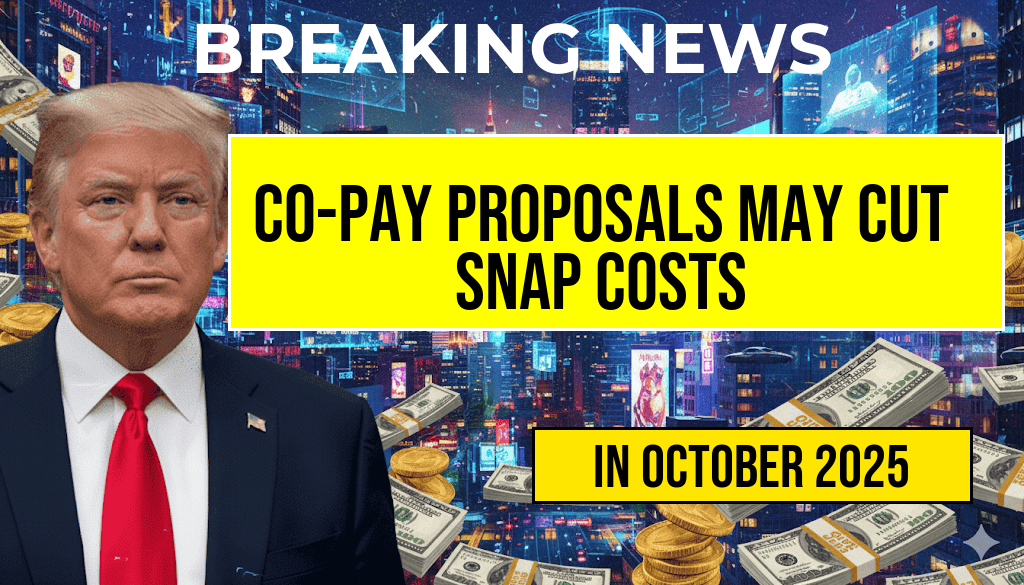The recent decision by Washington D.C. officials to freeze the minimum wage for restaurant workers at $10 per hour has sparked significant debate among local business owners and employees alike. This wage freeze, which has remained in effect since July 2020, has effectively locked the base pay for these workers at a level substantially below the proposed $12 per hour. As a result, many employees face an annual income shortfall of approximately $4,160, creating financial strain in a city where the cost of living continues to rise. Advocates argue that the wage freeze not only undermines the livelihood of restaurant staff but also hinders the recovery of the hospitality sector still reeling from the impacts of the COVID-19 pandemic.
Understanding the Wage Freeze
The minimum wage for restaurant workers in D.C. was initially established to support employees in an industry known for its fluctuating income due to tips and commissions. However, the $10 per hour rate has become contentious as inflation and rising living expenses make it increasingly difficult for workers to make ends meet. The D.C. Council’s decision to maintain this wage, despite recommendations for an increase, has led to widespread criticism.
Financial Impact on Workers
Workers earning the current minimum wage of $10 per hour face significant challenges. For those working a typical full-time schedule of 40 hours per week, the financial implications are stark. Below is a breakdown of the projected annual income for restaurant workers at both the current and proposed wage rates:
| Wage Rate | Hourly Rate | Weekly Income (40 hours) | Annual Income | Annual Shortfall |
|---|---|---|---|---|
| Current Wage | $10 | $400 | $20,800 | $4,160 |
| Proposed Wage | $12 | $480 | $24,960 | N/A |
Reactions from the Community
Local restaurant owners have expressed mixed feelings about the wage freeze. Some argue that raising the minimum wage could lead to increased menu prices and reduced hiring, while others believe that a higher wage would attract more skilled workers and improve employee retention. Meanwhile, many employees have taken to social media to share their frustrations, illustrating the broader impact of the wage freeze on their daily lives.
- Employee Advocacy: Numerous advocacy groups are pushing for an increase in the minimum wage, citing the rising cost of living and the financial challenges faced by workers.
- Business Perspectives: Restaurant owners are advocating for a balanced approach that considers both employee welfare and the sustainability of their businesses.
- Government Response: Some city council members are calling for a review of the current wage policy, suggesting that adjustments may be necessary to support both workers and businesses.
The Broader Economic Context
The wage freeze comes at a time when many cities across the United States are grappling with similar issues. As inflation continues to affect the economy, workers in various sectors are increasingly demanding fair wages that reflect their living costs. The disparity in wages is particularly pronounced in urban areas where housing and basic necessities are more expensive.
Looking Ahead
As discussions about wage policies continue, the future of D.C.’s restaurant workers remains uncertain. City officials are under pressure to revisit the wage freeze and consider adjustments that would better support employees. The outcome of these discussions will not only impact the financial stability of restaurant workers but also the overall health of the local hospitality industry.
For more information on wage policies and their implications, visit Wikipedia on Minimum Wage or read an analysis on Forbes.
Frequently Asked Questions
What is the current minimum wage for restaurants in D.C.?
The current minimum wage for restaurants in D.C. is locked at $10 per hour due to a wage freeze.
How does the wage freeze affect restaurant workers financially?
The wage freeze results in a $4,160 annual shortfall for workers compared to the proposed wage of $12 per hour.
What are the implications of a $4,160 shortfall for restaurant employees?
The $4,160 shortfall can significantly impact restaurant employees’ ability to meet their financial obligations and improve their standard of living.
Will the wage freeze continue indefinitely?
The duration of the wage freeze is uncertain, and its continuation will depend on future legislative actions and economic conditions in D.C.
What can restaurant workers do to advocate for higher wages?
Restaurant workers can organize, join labor unions, and engage in advocacy efforts to push for higher wages and better working conditions in D.C.






